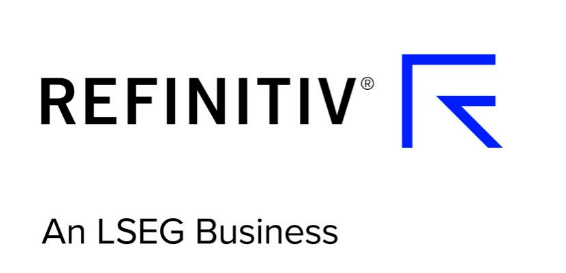Take advice or do it yourself?
- 3 min reading time

Should you manage your investments yourself or seek expert guidance from an investment adviser? Here are the pros and cons.
What you will learn
You’re ready to invest – but where do you start? If you have a clear understanding of your life goals, and which investments will help you achieve them, you may want to manage the process yourself.
If not, speaking to an expert is a great place to begin (read about how to set your investment goals here)
Did you know?
The Financial Services Register, and bodies such as The Investment Association, can provide you with useful information about any firm or person that is offering investment advice.
Ask a professional
Even if you’ve invested before, you may not have the time to research the market or have the knowledge and experience you need to understand all the options available.
A professional adviser is an expert in their field, but they bring another important skill to the table – they aren’t you.
That means they can take an objective view of your life goals and suggest investments that could help you achieve them – without being subjected to the psychological behaviours that can influence investor decision-making (read more about one such behaviour – recency bias – and how it effects investors).
Expert advice isn’t a free service, and you may find that an adviser’s fees are not justified by the size of your investment.
However, even if you are making your own investment decisions, fees – such as trading charges – will still apply. You can read more about investment costs here.
Going it alone
If you’re confident about your investment knowledge, you may feel that advice doesn’t offer you good value, particularly if you’re investing smaller sums of money.
Making your own investment decisions means you’ll save on fees and, for some, is an enjoyable challenge. But there are risks too.
If you lack a wide range of experience, you may not understand the implications of your investment decisions. You might not know how to manage a fall in the markets or how to add diversity to your portfolio, for instance.
How to decide
So, which approach is right for you? A first step is to ask yourself some honest questions:
If you do decide to seek expert help to get started on your investment journey, it’s important to check the qualifications and experience of the person you are trusting to guide you, as well as their charging structure and the services they offer.
However, a good first step for anyone new to investing is to become more informed, so you can ask the right questions upfront.
Risk notice
Any information provided should not be considered personal advice. Past performance is not a guide to future performance. You may not get back the full amount you invest. If you have any doubts about making your own investment decisions, seek financial advice.


























